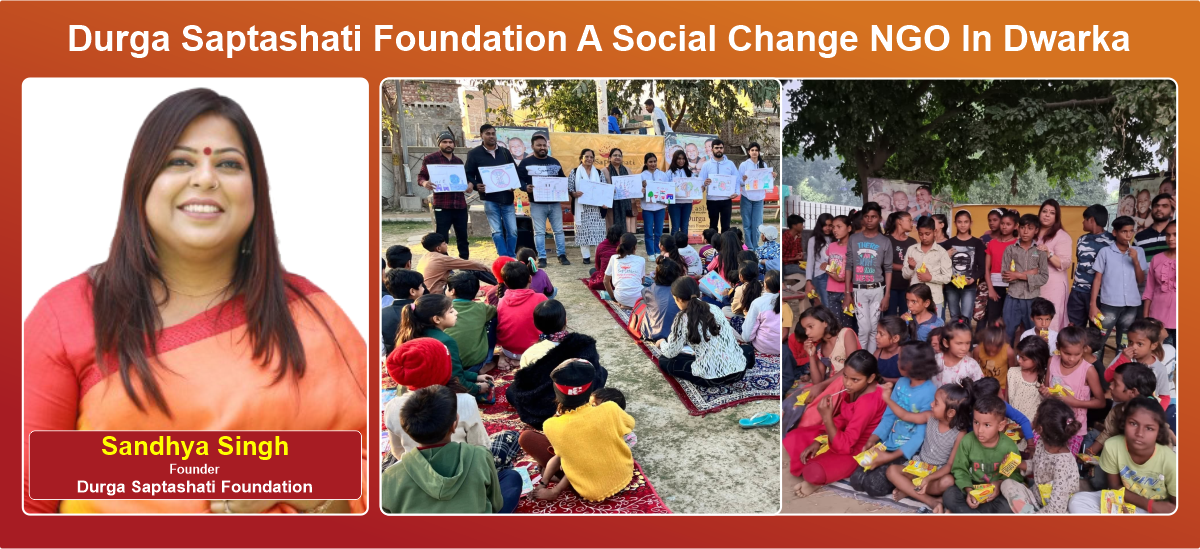Delhi is full of contrasts. You’ll find malls lit up at night, kids walking out of coaching centers with backpacks bigger than them. And then, in the same city, there are children walking barefoot, carrying water buckets instead of books. For thousands of kids here, two basic rights, safety and education, are still out of reach.
The Daily Struggles Children Face
In Delhi, a lot of families don’t get to think ahead. Every day is just about getting by. Parents head out before sunrise and often don’t return until late at night. That leaves kids on their own. Some wait around small shops, some carry their baby brothers or sisters, and many just skip school because nobody’s there to send them.
And the walk to school isn’t simple either. Dark lanes, broken streetlights, and crowded crossings are enough to scare a child into staying home.
Cases of child abuse and trafficking are still reported. Even in better-known areas of Delhi, kids drop out of school or never enroll because their families can’t afford to lose a helping hand at home. Poverty pushes education aside, and with it, the child’s hope for a better tomorrow.
Why Government Support Isn’t Enough
On paper, there are plenty of schemes aimed at child safety and education. In practice, the story looks very different. Schools in poorer districts are crammed with students far beyond their capacity, one teacher may be juggling several classes, and infrastructure upgrades move at a snail’s pace. Policies announced with good intent often stall when it comes to execution, leaving thousands of children without the security or learning environment they should have as a basic right.
Where NGOs Make a Difference
This is where NGOs step in and bridge the gap. They set up safe spaces, run after-school classes, and talk to parents about why education matters. Some provide counsleling and healthcare, others focus on child protection. What makes them different is how closely they work with communities, they see the risks early and act before harm becomes permanent.
An NGO worker might notice a child missing school often, or one showing signs of abuse, and step in quickly. This personal connection builds trust, something large systems often struggle to achieve.
Why Delhi Needs More NGOs
Delhi is vast and complex. Problems change from one neighbourhood to another, what works in one area might not in another. A single NGO, no matter how hardworking, can’t cover it all.
We need more hands, more organizations, more safe spaces. Because when NGOs work on safety and education together, they don’t just protect children; they change the course of their lives. They keep kids in school, shield them from exploitation, and give families a real chance to break out of hardship.
In a city like Delhi, this work isn’t optional. It’s necessary.
Join Sandhya Singh and our team to work at the grassroots level and build up to make more strong and better impact. Fill this form to chat with us or enquire about how you can contribute and help us reach more people!



